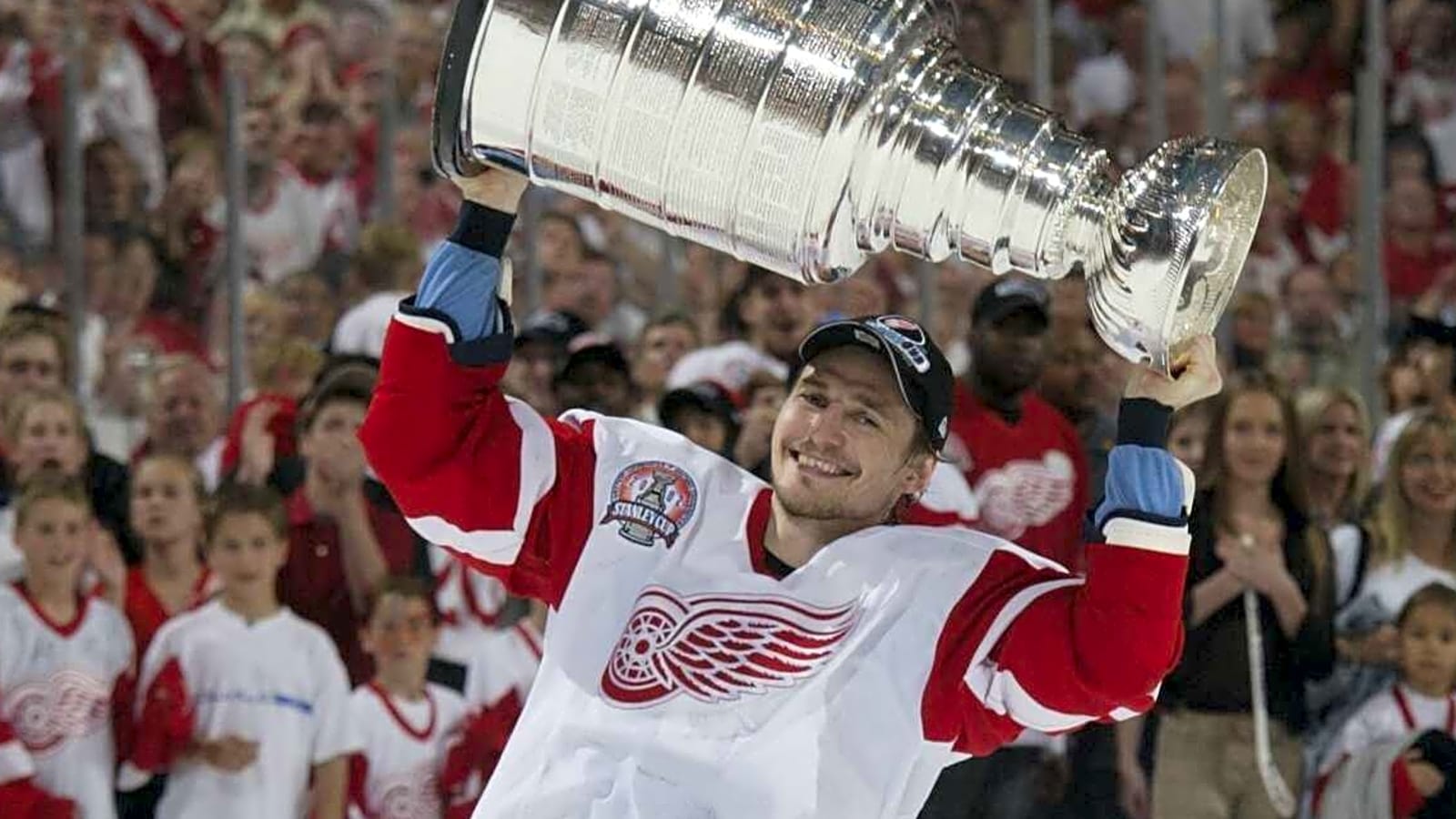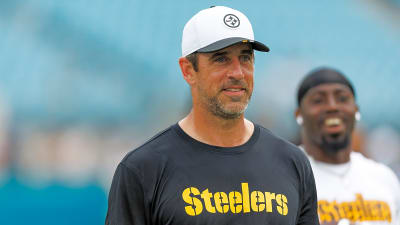
The Detroit Red Wings announced that they’d be lifting Sergei Fedorov’s No. 91 to the rafters in a game against the Carolina Hurricanes in mid-January of the upcoming campaign. As much as Fedorov has earned the honor, it marked a significant shift in attitude from the organization toward the former Russian star.
Fedorov’s story with the Red Wings began in the 1989 NHL Draft after being selected with the 74th overall pick, which fell in the fourth round at the time. Under the leadership of general manager Jim Devellano, Detroit became one of the first clubs to target Russian players in the draft. At the time, most of the league viewed this strategy as a fool’s errand due to the significant challenges players faced in defecting from the Soviet Union.
Thanks to the efforts of writer Keith Grave and Jim Lites, who was Detroit’s executive vice president at the time, the team encouraged Fedorov to defect from the Soviet Union and leave his CSKA Moscow club. Ultimately, Fedorov did both things, leaving the 1990 Goodwill Games with Lites on a plane to Detroit.
Fedorov started playing for the Red Wings in the 1990-91 NHL season and never looked back. He drew praise from around the league almost immediately, scoring 31 goals and 79 points in 77 games during his rookie campaign. It wasn’t enough to win the Calder Trophy that season, but Fedorov quickly became one of, if not the most talented, players in the league.
His talent reached its peak during the 1993-94 season, when Fedorov scored 56 goals and 120 points in 82 games, en route to winning the Hart Memorial Trophy, Frank J. Selke Trophy, and Lester B. Pearson Award (later renamed the Ted Lindsay Award). This season serves as the last time a player for the Red Wings has been crowned as the league’s MVP.
His dominance continued for the next two years, helping Detroit reach its first Stanley Cup Final in nearly three decades. The Red Wings weren’t able to top the summit, but they had now cemented themselves as a force to be reckoned with throughout the NHL world.
They wouldn’t have to wait long for that championship. During the 1996-97 season, consequently, the third year of the famed "Russian Five" made up of Fedorov, Igor Larionov, Vyacheslav Kozlov, Viacheslav Fetisov and Vladimir Konstantinov, the Red Wings won their first Stanley Cup since 1955 against the Philadelphia Flyers. Unfortunately, this was the informal beginning of the end of Fedorov’s tenure in Detroit.
To contextualize, the Red Wings owner at the time, Mike Ilitch, was beloved by his players. Ilitch demonstrated an insatiable desire to win, immediately making him one of the most revered owners in sports by his fan base. The loyalty he showed to his players was one of his best qualities; however, it became the wedge that began prying Fedorov away from Hockeytown, as Ilitch required a reciprocal loyalty in return.
Becoming a restricted free agent before the 1997-98 season, Fedorov held out for a new contract with Detroit. He ultimately decided to sign a $38 million contract with the Hurricanes, which included some questionable signing bonuses. Carolina included a $14 million signing bonus for simply putting pen to paper, another $2 million bonus for reaching the 21-game plateau during the 1997-98 campaign, and a whopping $12 million bonus if his team were to make the Conference Final that season, which was put in to dissuade the Red Wings from matching the offer.
Not to be outspent by anyone, Ilitch and the Red Wings reluctantly matched the offer, but ended up paying Fedorov $28 million in signing bonuses by the end of the campaign, which still stands as the largest amount ever given to an NHL player. Fedorov went on to win two more Stanley Cups with the Red Wings (1998 and 2002), though the recent contractual holdout severely tarnished his relationship with Detroit’s ownership.
This culminated in Fedorov’s departure from the Red Wings after the 2002-03 NHL season, signing with the Mighty Ducks of Anaheim on a five-year, $40 million contract. It was the nail in the coffin for any relationship between Detroit’s ownership and Fedorov, as the Russian superstar reportedly rejected a five-year, $50 million contract and a four-year, $40 million contract to remain in Detroit. Since that time, despite winning an MVP award, three Stanley Cups, and being a dominant force in the league, the Red Wings and their fans harbored no affection for Fedorov over the next two decades.
As the old moniker goes, time has healed the wounds between Detroit and Fedorov. He suited up for the team during the 2013 Winter Classic Alumni Game and received a warm welcome from the Detroit faithful at a ceremonial puck drop in 2015 after his induction into the Hockey Hall of Fame. It’s important to note that despite his number not being officially retired until this season, no Red Wing has donned No. 91 since the 2002-03 campaign.
There may still be several fans of the Red Wings, particularly those who experienced the team’s greatness in the late 1990s and early 2000s, who will never forgive Fedorov for leaving. Still, despite featuring alumni such as Gordie Howe and Steve Yzerman, there’s a strong argument that Fedorov is the most talented player to ever don the "Winged Wheel," and the organization is rightfully honoring him as they should have long ago.
More must-reads:
- Red Wings set to finally honor franchise legend Sergei Fedorov
- Top 10 Sergei Fedorov moments as a Red Wing
- The '1996-1998 Detroit Red Wings' quiz
Breaking News
Trending News
Customize Your Newsletter
 +
+
Get the latest news and rumors, customized to your favorite sports and teams. Emailed daily. Always free!








